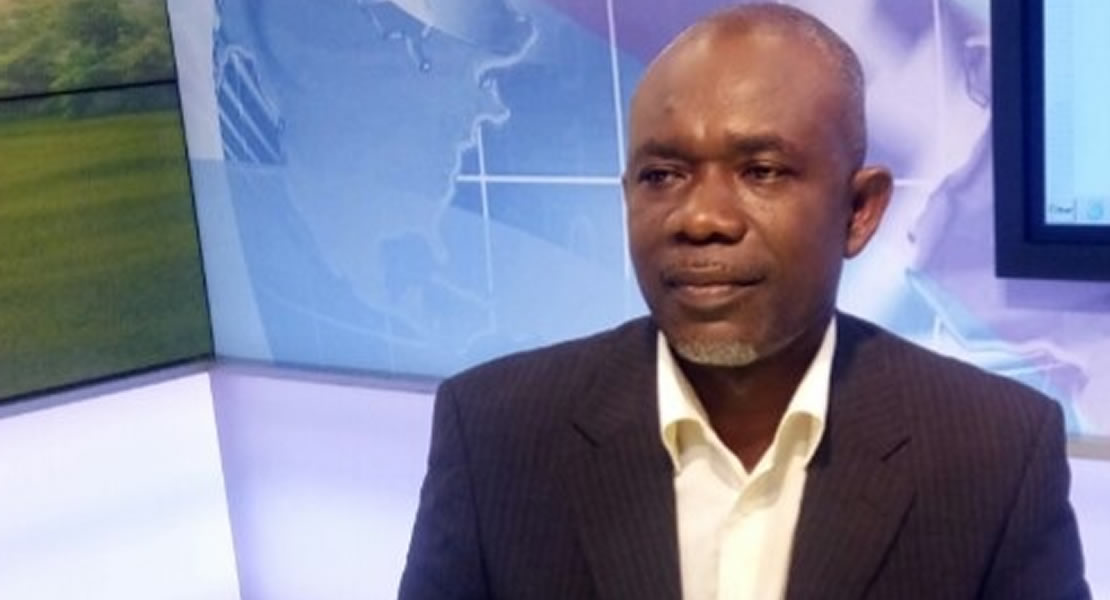
The number of women contesting in the upcoming December parliamentary elections has increased by 30 per cent as compared to that of the 2008 and 2004 elections.
So far 133 women out of 1,332 men have filed their nominations with the Electoral Commission to contest as parliamentarians in their various constituencies for the December general election.
This is an increase from the 2008 figure of 103 women who contested with 20 of them winning and the 2004 election which saw 104 women contesting with 25 winning.
In Africa, Ghana, with 8.3 per cent female representation in parliament ranks higher than Botswana which has 7.9 per cent female representation, followed by Gambia with 7.5 per cent, Congo with 7.4, Nigeria 6.8 and Egypt 2.0 per cent.
On the global scale, Ghana ranks 122 out of 190 countries according to the Inter-Parliamentary Union (IPU).
Rwanda ranks first on the world scale with 56.3 per cent female representation in parliament, Senegal comes sixth with 42.5 per cent, South Africa eighth with 42.3 per cent, Mozambique ranks 12th with 39.2 per cent and Zambia ranks 105th with 11.5 per cent female representation.
Others such as Uganda ranks 21st with 35.0 per cent, Algeria ranks 27th with 31.3 per cent, South Sudan 26.5 per cent, Sudan ranks 47 with 24.7 per cent while Mali ranks 113th with 10.2 per cent representation.
Developed countries such as Sweden, Netherlands, United Kingdom and the United States of America ranks 4th, 14th, 58th and 80th respectively.
Out of the 190 countries that are involved in the IPU parliamentary survey, 112 of them use some form of quota systems such as legislated quotas and voluntary quotas by political parties.
Some of these countries include Rwanda, South Africa, Uganda and South Sudan which uses the legislated quota system while countries such as Mozambique, United Kingdom and Cote d’Ivoire uses the voluntary quota systems.
Ghana on the other hand is yet to adopt any form of quota system as the country is yet to adopt an affirmative action (AA) policy.
To this end the NPP, NDC and CPP before the Electoral Commission added 45 newly created constituencies to the already 230 seats were fielding 24, 17 and 18 female aspirants respectively while the PPP is fielding 24 female aspirants.
After the EC added 45 new constituencies to the already existing 230, on a regional basis, the Greater Accra Region has the highest number of women contesting which is 34, followed by the Ashanti Region 26, Central Region 15, Western and Eastern has 12 each, Volta Region 10, Northern 7, Upper East and Brong Ahafo 6 each and the Upper West Region has the least with 5.
Speaking to the Governance Programme Manager for Women in Law and Development (WiLDAF), a women’s right advocacy organisation, Mr Frank Bodza said his organisation was looking at not less than 35 women winning in the elections.
Looking at 12 constituencies at least, including Dome Kwabenya, Sega, Ledzekuku, Ada, Kpando and Tarkwa Nsuayem among others, where the two major parties have fielded women, Mr Bodza said this was a good start for more women to be elected since according to him, some of the parties have also fielded women in their strong holds.
Coupled with the good quality and competence of the women who were contesting the elections, he said there was no doubt that more women would be elected into parliament.
“The picture this year is brighter because at least we have 30 per cent increment in the number of people contesting as compared to previous elections”, he added.
An increase in the number of female parliamentarians he said was achieveable if more effort were put in by civil society organisations, the media and the contestants themselves to ensure that they were given the needed exposure and training.
The current female representation of 8.3 per cent in parliament he said was not acceptable for a country which had become a beacon of democracy on the African continent and therefore a lot more needed to be done to turn the situation around.
He called on the general public to support women by voting for them in the upcoming elections so that the countries democracy would be more entrenched.
Daily Graphic